A catch up with Yemi Sul a few months on from her electric Club 77 debut; the learnings, influences and intentions that got her there.
Eora based DJ Yemi Sul has been mixing for over a decade; and while her evanescent stage presence has remained - her sound has evolved organically throughout her career.
Yemi comes from a background in rap, grime and hip-hop supporting its best; Wiley, AJ Tracey, and Dizzee Rascal. Open to new sounds and experiences, she now invites electronic music into her mixes with natural flow and ease. Yemi possesses instinctual and ancestral understanding of movement and sound which flows through her, rooted in her drum-heavy selections and proud Nigerian heritage.
We sat down with Yemi Sul a few months on from her Club 77 debut set, a performance which she describes as a ‘turning point’ in her career and also, in her exploration of electronic music. With us she shares reflections from over a decade of DJing and the value of finding intention in her practice.
You’ve been DJing for nearly a decade. How has your mindset shifted over the years — from the nerves or adrenaline of early sets to the way you step into the booth now?
Yes — this year marks a clean decade of DJing for me, and the mindset shift has been massive. For a long time, I carried this deep insecurity/imposter syndrome — like every time I stepped into the booth, I didn’t actually know what I was doing, and eventually everyone would figure it out. That feeling stayed with me up until this year. But now, with a decade behind me, I can say with full confidence: I know what I’m doing — and beyond the technical side, I’ve stepped into a real sense of clarity and ownership over my sets.
These days, I show up with intention. If I don’t have a clear reason for why I’m playing — an energy I want to channel, or an experience I want to create — I struggle to understand the point. The scene is so saturated now, and without intention, it can all feel a bit hollow. That intention anchors me and shapes the whole set. I’ve also embraced the intangible parts of what I bring: how I connect with the crowd, how I play for myself first, and how that authenticity becomes something everyone in the room can feel.
You described your last Club 77 set as a turning point — the most attuned you’d ever felt with a crowd. What shifted that night, and how do you chase or protect that feeling going forward?
As I mentioned before, it was starting to feel hollow, and I was unsure if it was even something I wanted to continue doing. That said, I’ve had many dark nights of the soul around DJing — but it’s the one thing that never leaves and continues to bless me. So this year, working closely with my agent, Kim, we got really intentional about designing where I actually wanted to play. What would spark joy? What would genuinely excite me?
Stepping into electronic music this year has been a whole new scene for me. My roots are in rap, hip-hop, and grime — very urban spaces — and they’ll always be there. I’m incredibly protective and proud of that. But this shift has felt like a natural evolution, especially after ten years. Playing 77 felt like a welcoming into this new world — an opening of a new chapter.
That first set at 77 was unlike anything I’ve ever experienced. Part of that was the pressure I put on myself — it felt like a make-or-break moment, stepping into a new genre, a new crowd. But the room itself was different too. It was purely about the music in a way I hadn’t seen before — there was no concern about clout or ego like you get in more traditional nightclub spaces. It felt incredibly music-centered. I wasn’t just performing for the crowd — I was with them. It was participatory, communal, and — as woo as it sounds — transcendent.
That’s what’s so powerful and unique about electronic music. The BPM, the frequency, the vibration — it moves you into a state of surrender. You’re not focused on whether you know the track — you’re tuned into how it makes you feel.
How do I chase or protect that feeling going forward? Again, it comes down to intention. And patience — trusting the process, waiting for the right gigs. Aligning with Kim on a shared vision has been key. We’re designing my path consciously now, instead of me just saying yes to everything out of scarcity, competition, or fear.
Your sets blend hypnotic drums, sexy vocals, and nostalgic nods to millennial pop and your Nigerian heritage. Do you approach each set like a narrative — and what kinds of stories are you drawn to telling through music?
This might sound funny, but I like to see myself and my role as a bit of a vibe doctor for the rooms I enter — I scan the space and ask, “What does this room need?” More often than not, it’s warmth. That’s where the sexy vocals come in — they turn me on, and I know if they’re lighting me up, they’re helping other women in the room feel embodied too. It’s about inviting them to embrace their sensuality and move.
My Nigerian heritage plays a huge role in how I select music. I believe my gifts are in the curation, and song selection — and that gift comes from somewhere ancestral. It’s this innate understanding of rhythm that I can’t quite explain, but it’s in me. And the drums — I love a drum beat. They carry something primal, something deep that connects straight to the body.
As for the millennial pop — honestly, they just don’t make it like they used to. I’m your quintessential millennial: raised on glossy MTV music videos that made me excited to grow up and live. If I can bottle that feeling and bring it into a set — that sense of excitement, joy, and fantasy — then I feel like I’ve done my job.
So I wouldn’t say I approach my sets like a narrative. It’s more intuitive — I’m doctoring the energy & vibe moment by moment.
Some tracks feel almost too special to share. Are there any songs you hold close — ones that carry a personal weight, a memory, or an emotion — and what’s the story behind them?
A lot of the songs I play carry personal weight and emotion — and that’s exactly why I play them. Like I mentioned earlier, I struggle with imposter syndrome, stage fright, and those creeping feelings of “What am I doing here? I don’t deserve this. I don’t know what I’m doing.” In those moments, certain songs become anxiety circuit breakers — they snap me out of that spiral. It’s like, fine, maybe I don’t know what I’m doing, but at least I love this track.
One that comes to mind is This Is My Life. I actually opened my last 77 set with it. Some of the lyrics go, “There’s so much pressure, but with this music I feel much better… I need this right now, don’t take this away from me, this is all I got, this is all I need?” And that’s it. That’s exactly how I feel. My relationship with music goes beyond a job or a pursuit of success — it’s a lifeline. If I have just one moment with the crowd, one song to share, and I get to exhale everything I’m feeling through that track — then I’m good.
That’s also why I play a lot of songs with lyrics. I speak through them. They’re my way of telling the audience how I feel in real time. And I think my crowds get that — they feel that with me. They know I’m not just dropping a track. I’m sharing something that’s coming straight from the chest.
On stage, your presence is magnetic. Off stage, what helps you come back to yourself — especially when you’ve been stretched across different cities, scenes, and creative projects?
It's really sweet that you’ve described me as magnetic — thank you so much. Offstage, I have a lot of spiritual practices that help ground and center me. Often, after a charged set like Club 77, I’ll get in the car and put on something completely different — a down-tempo Afrobeat song, or maybe Ella Fitzgerald. Something polar opposite to what I’ve just played, to remind me of how vast, varied, and powerful music really is.
Creatively, I stretch myself across different mediums — and that’s honestly the only way I can function. If I have to focus on just one thing, I tend to chase it down in a dogged, unhealthy way and burn out. So at the moment, I’m writing and creating film, I’m organizing parties, and I’m pursuing acting. Having my fingers in all these different pots keeps me excited and charged. It also helps me surrender — because if one plate isn’t spinning, another one tends to be. That’s how I’ve lived for the past decade, and somehow, I just keep going.
I think it’s important to know what grounds you. I’ve got a little checklist of things that bring me back to myself — and I try to tick off at least one every day. That’s what keeps me on the right path.
Catch Yemi Sul at Club 77 on Friday 30 May at Club 77 alongside Resident Wavyrager.
See full event information, register via guest list, or grab early bird tickets from RA.
Stay up to date with Yemi Sul on Instagram.


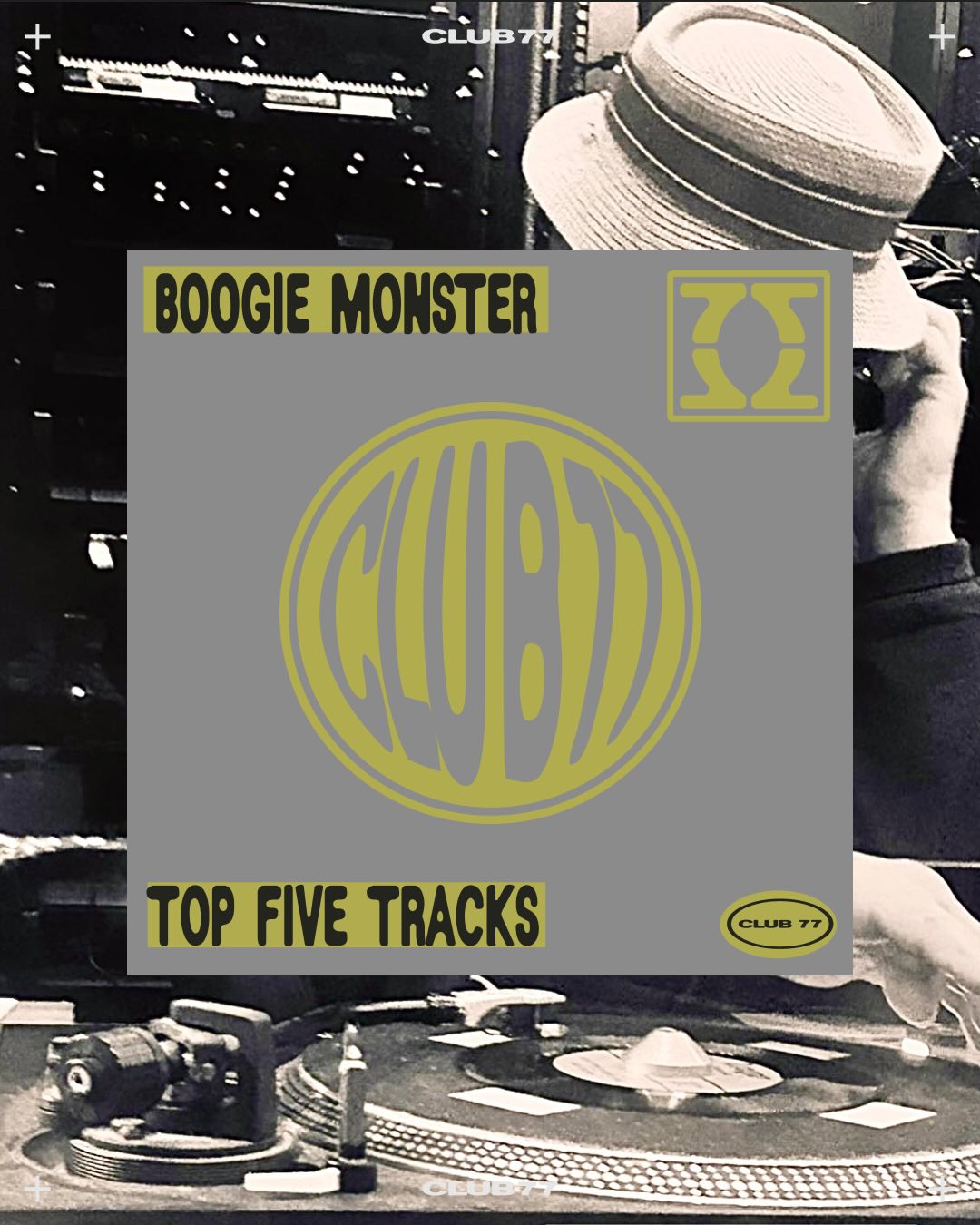
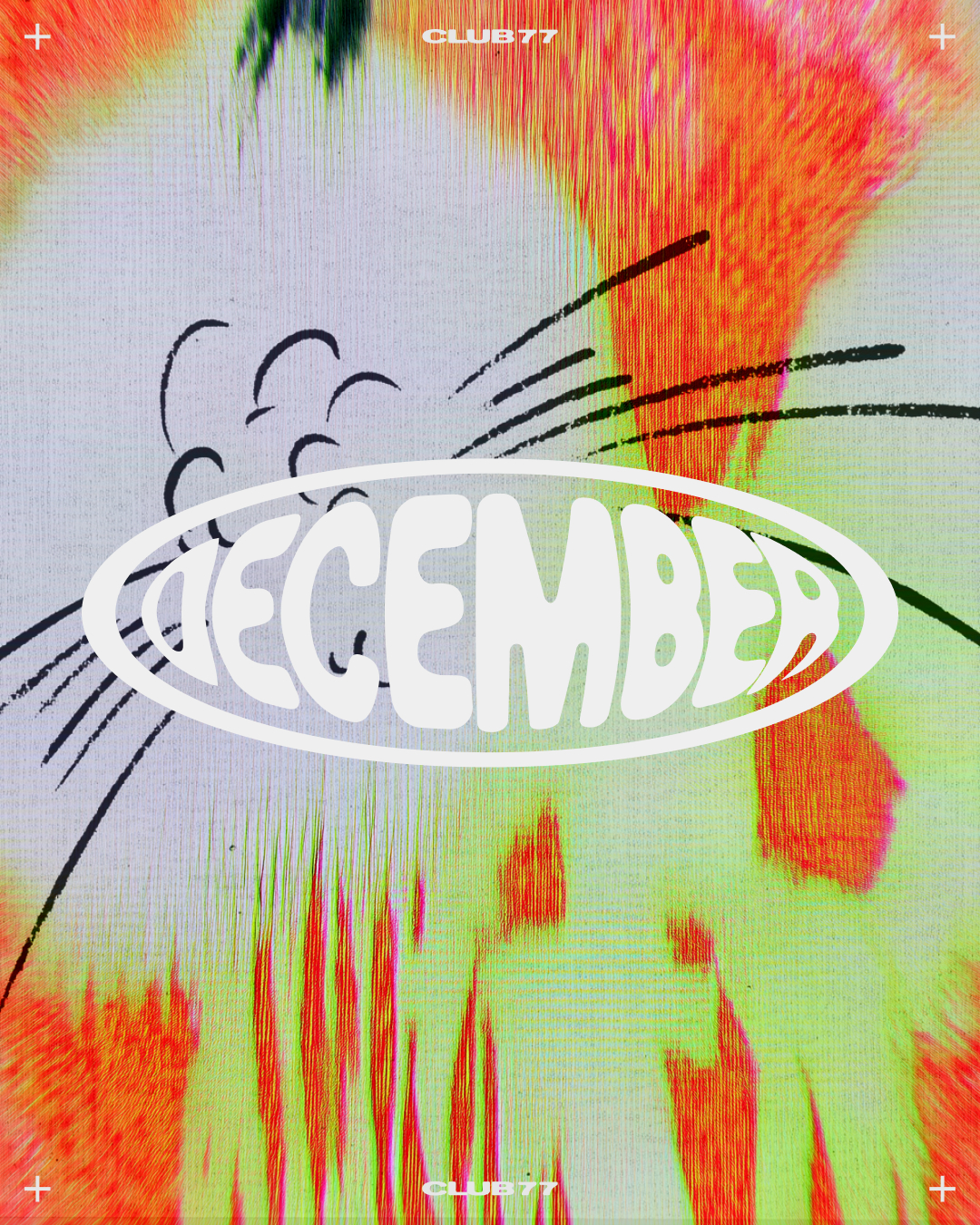
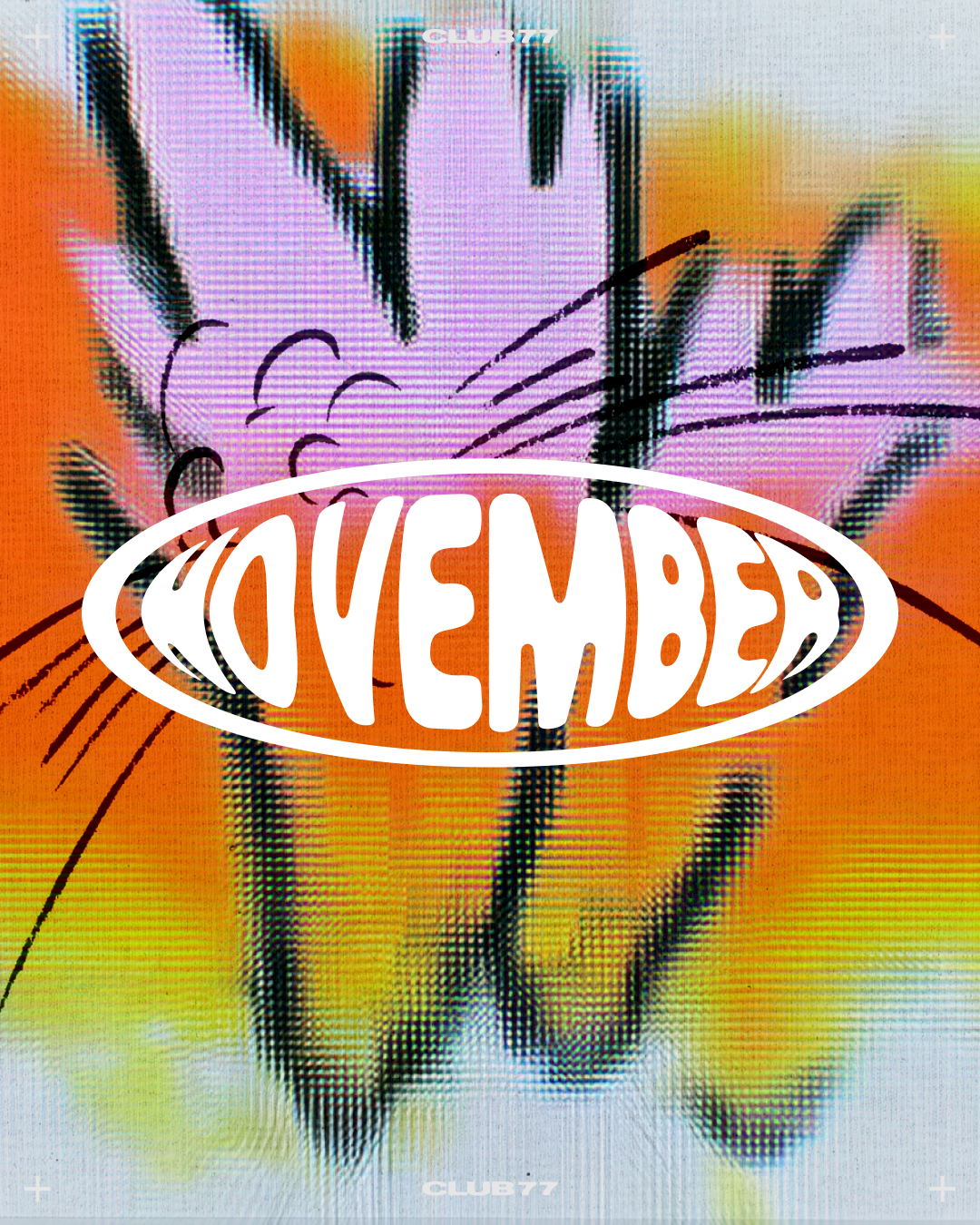
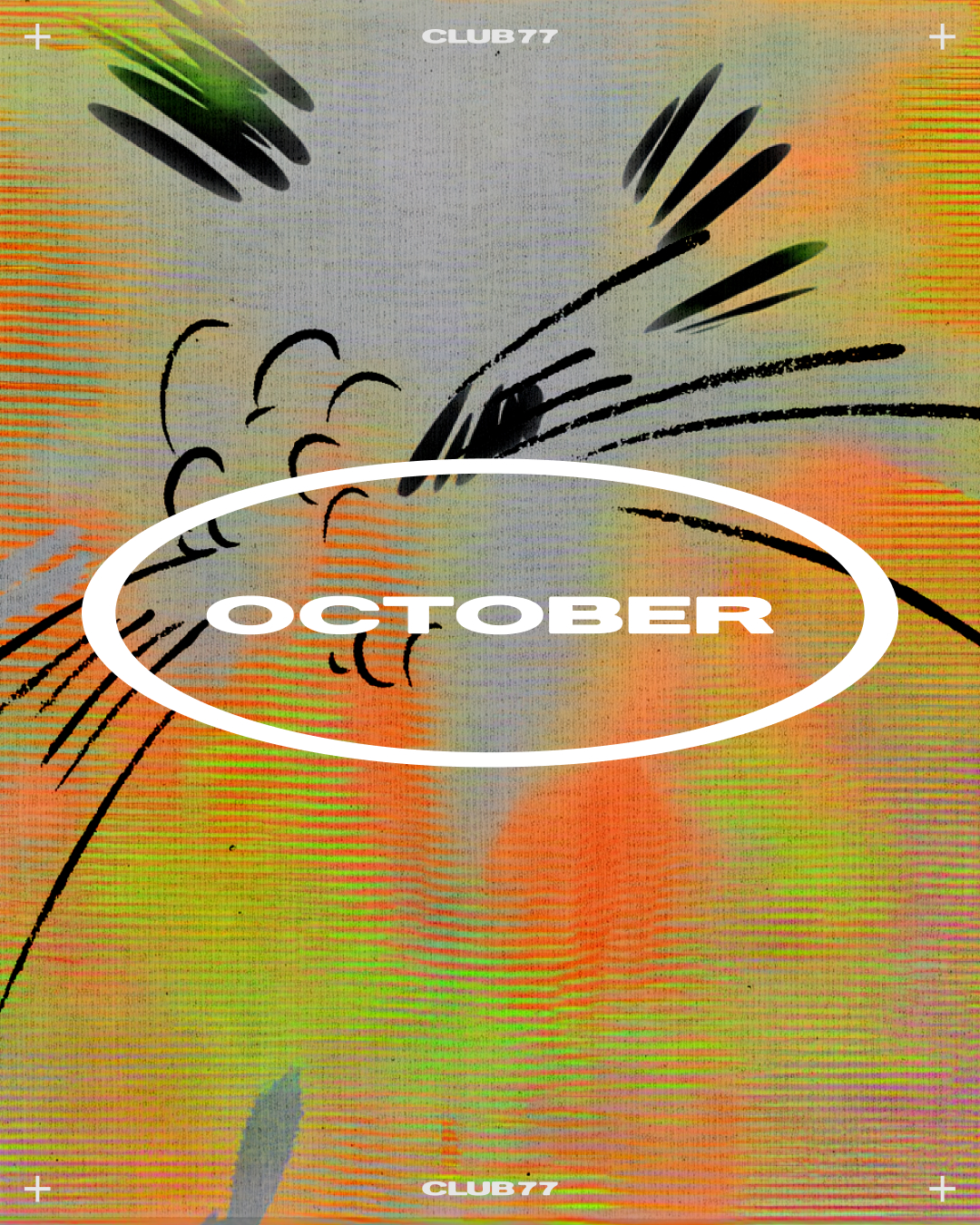
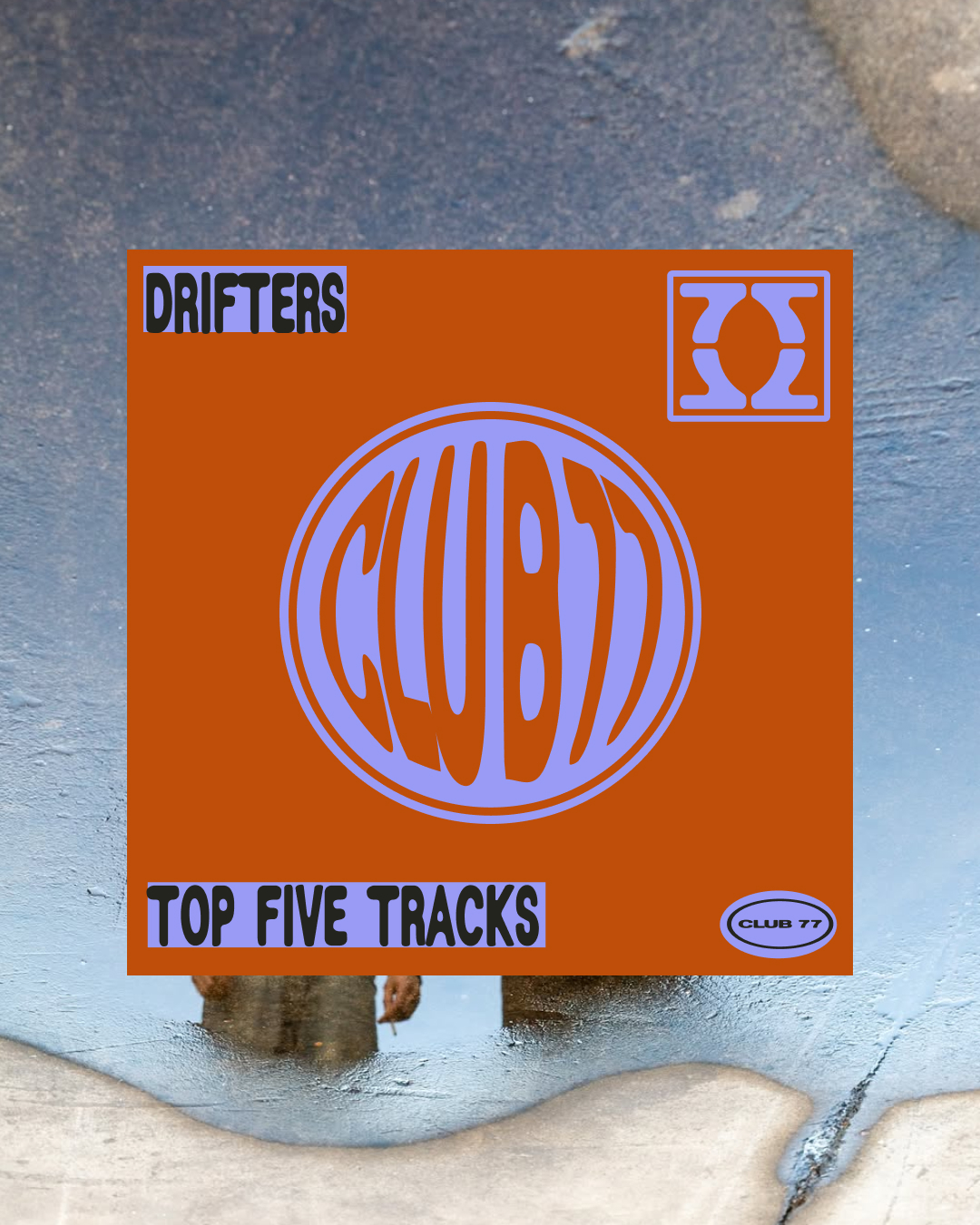


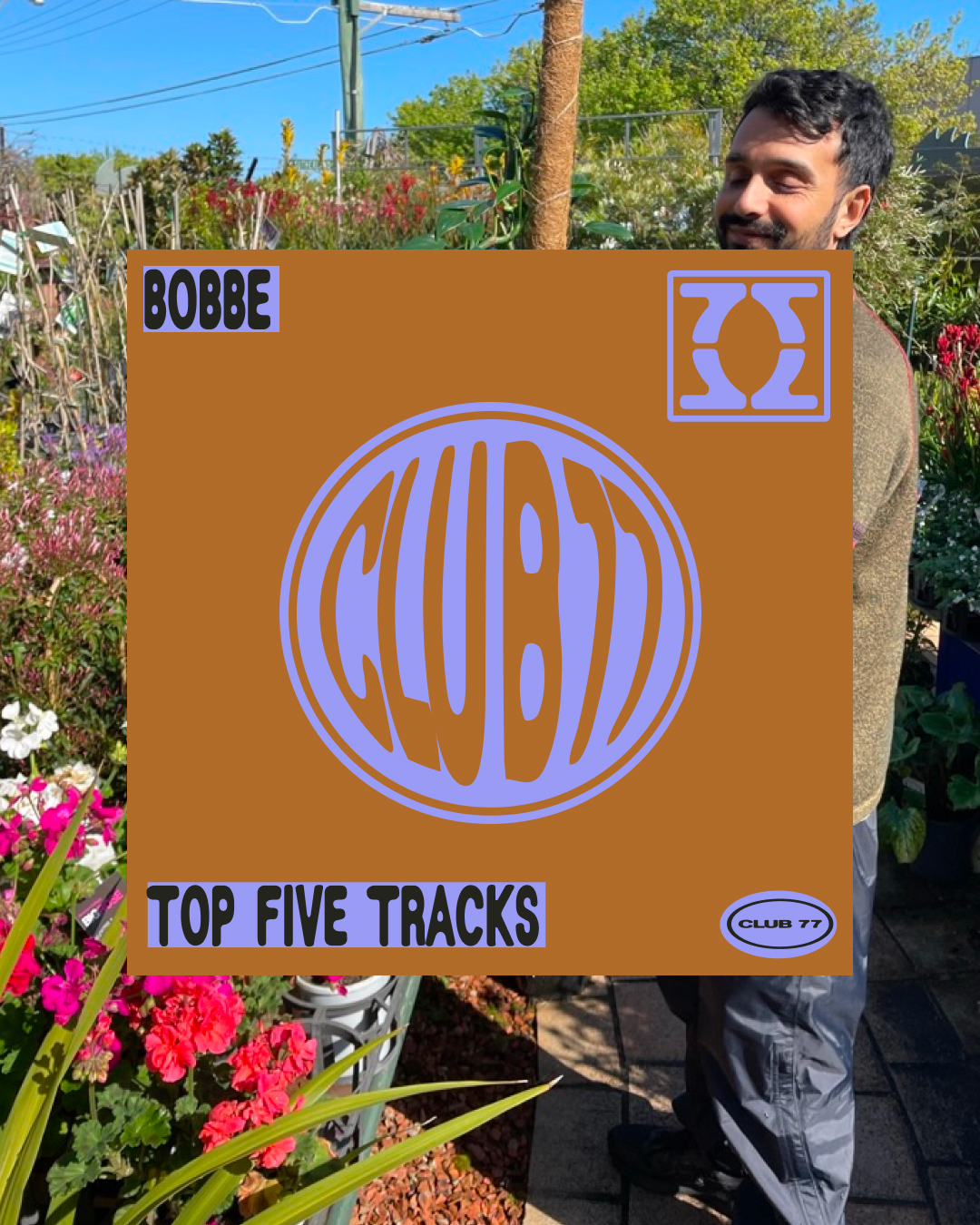
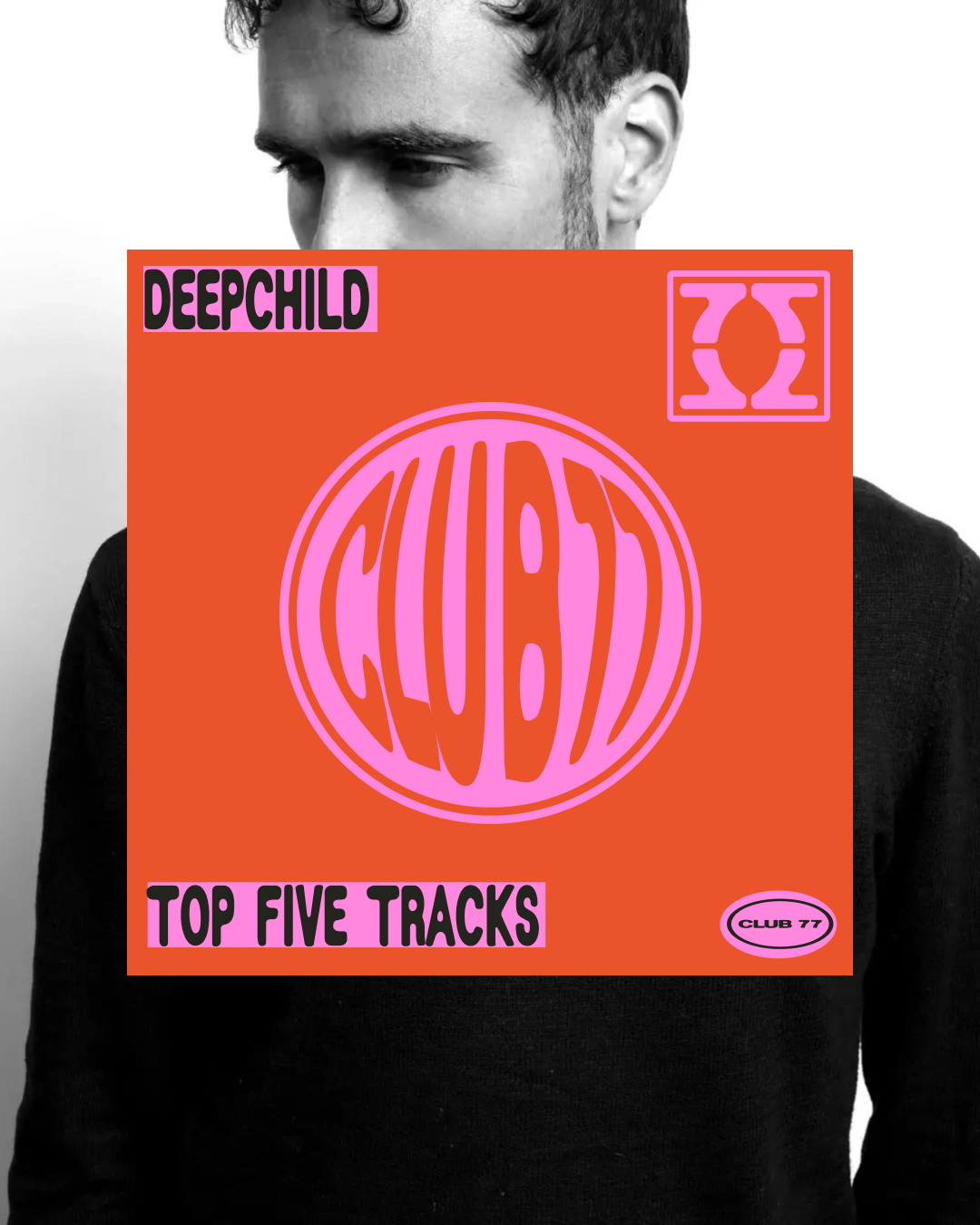
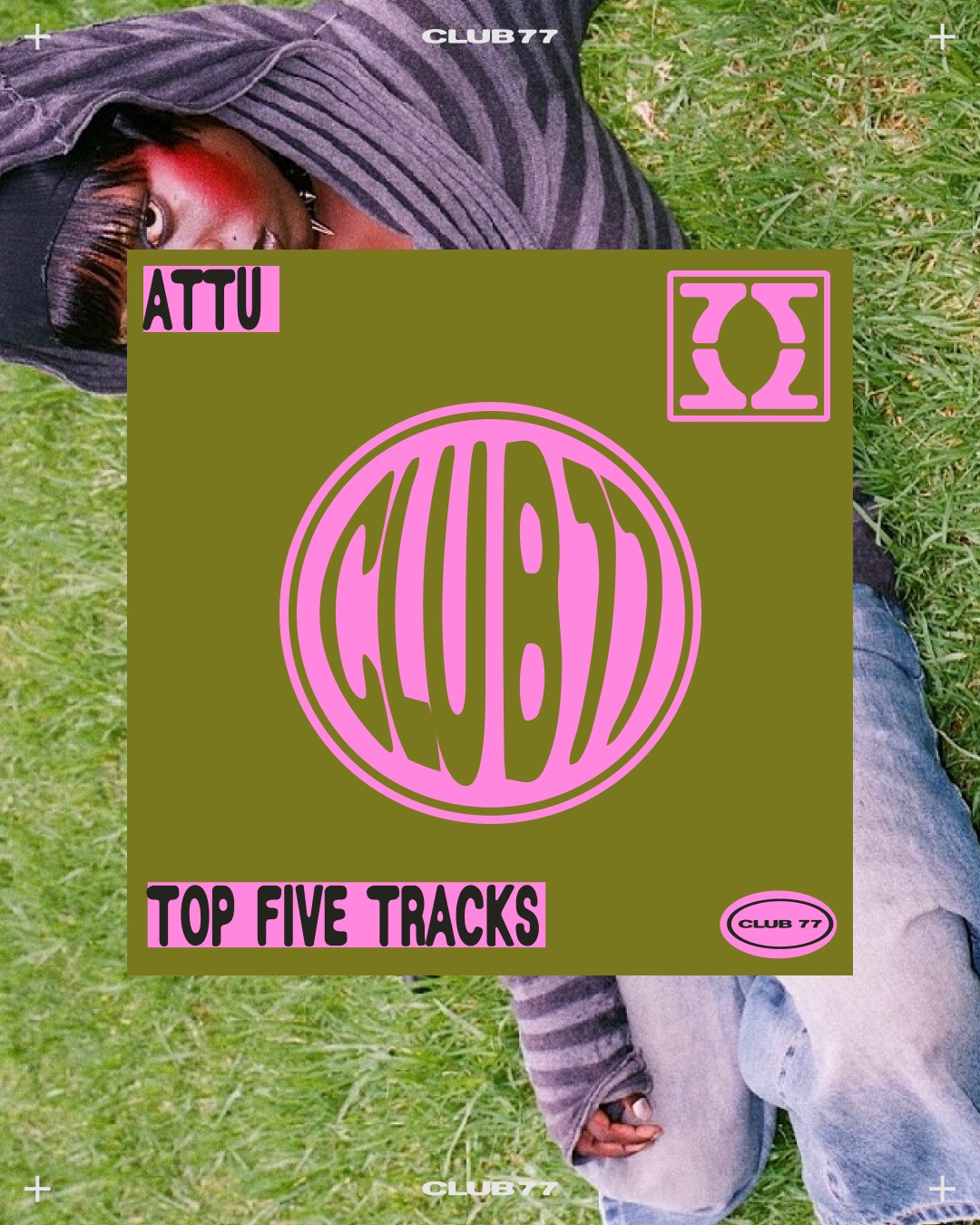
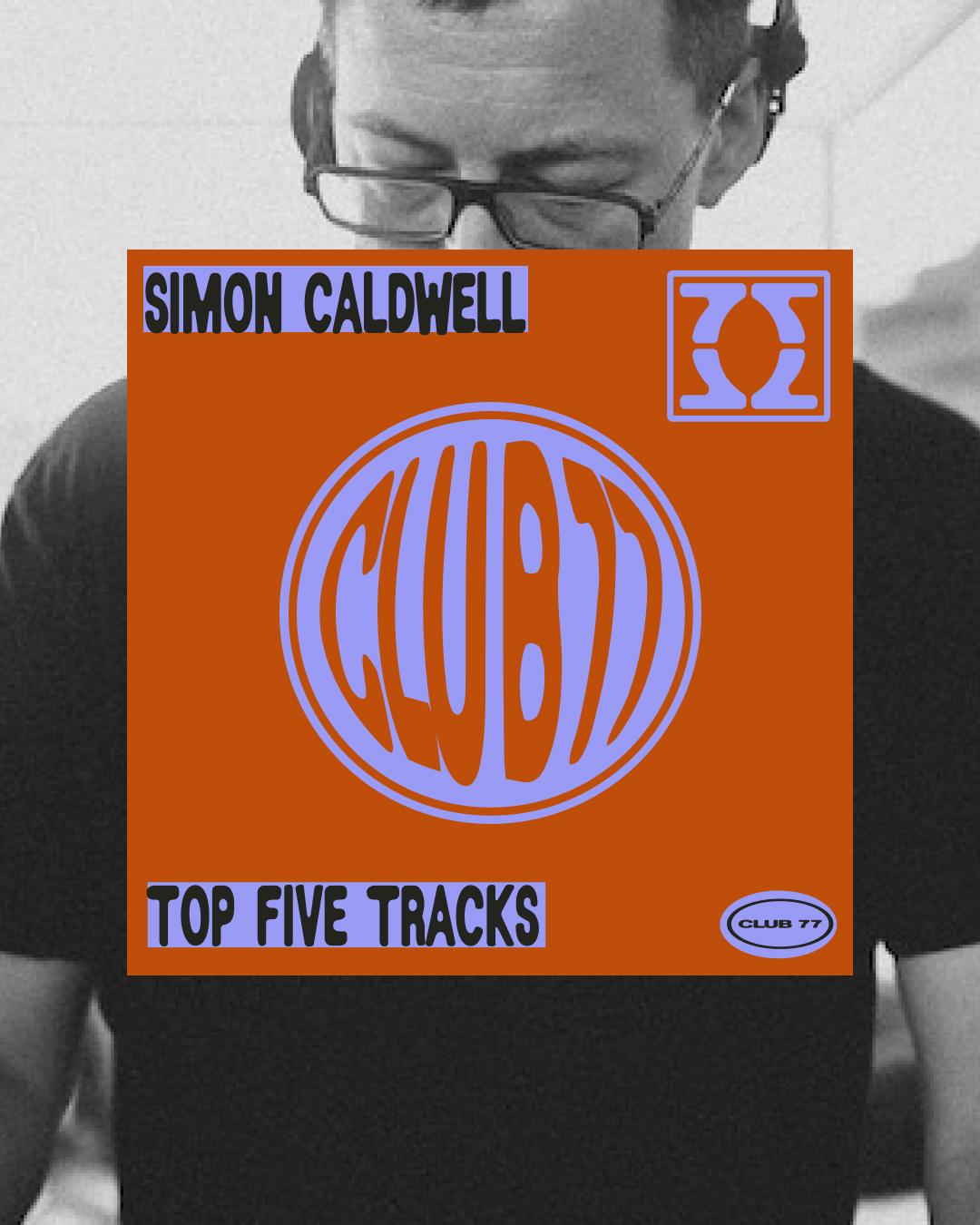
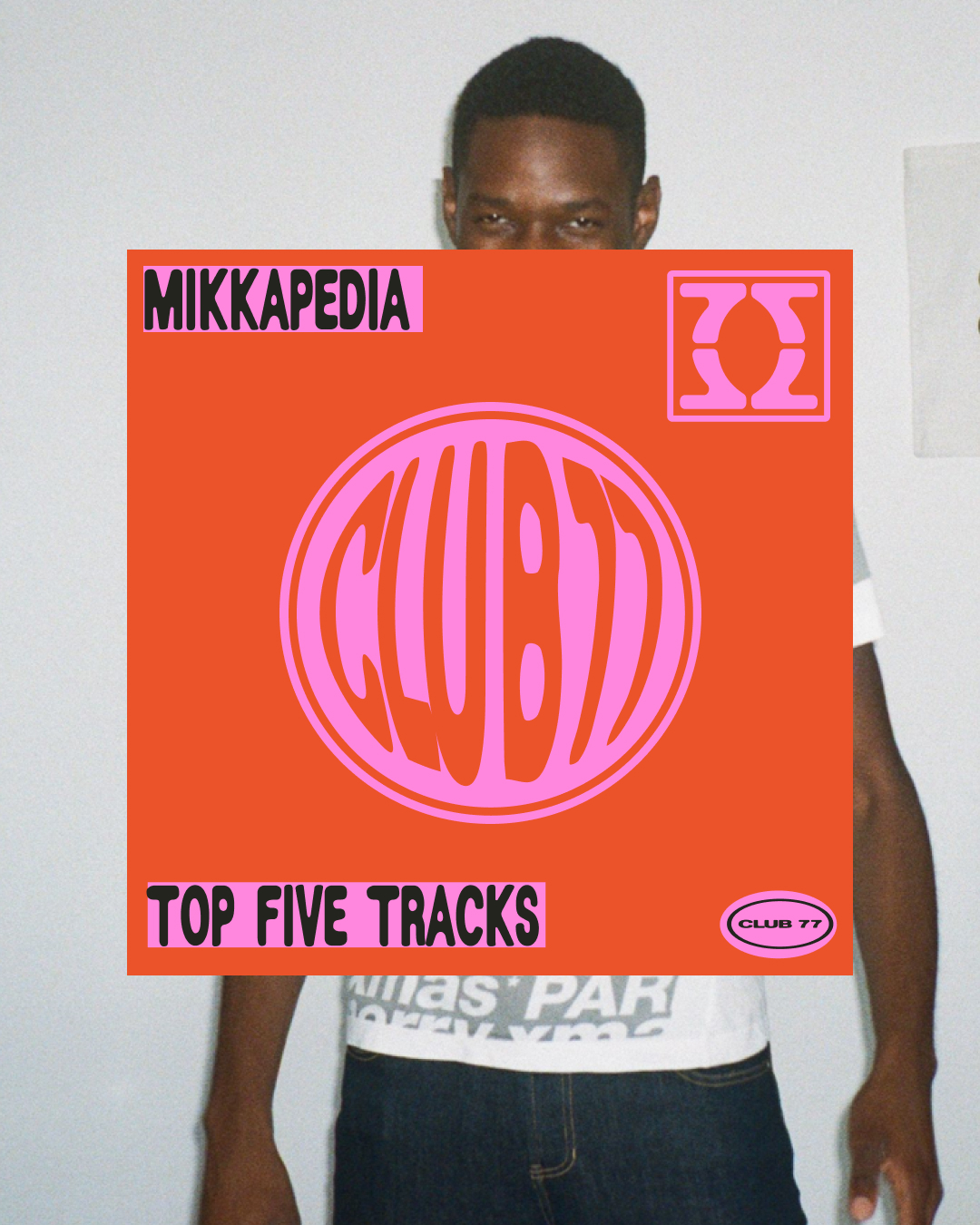
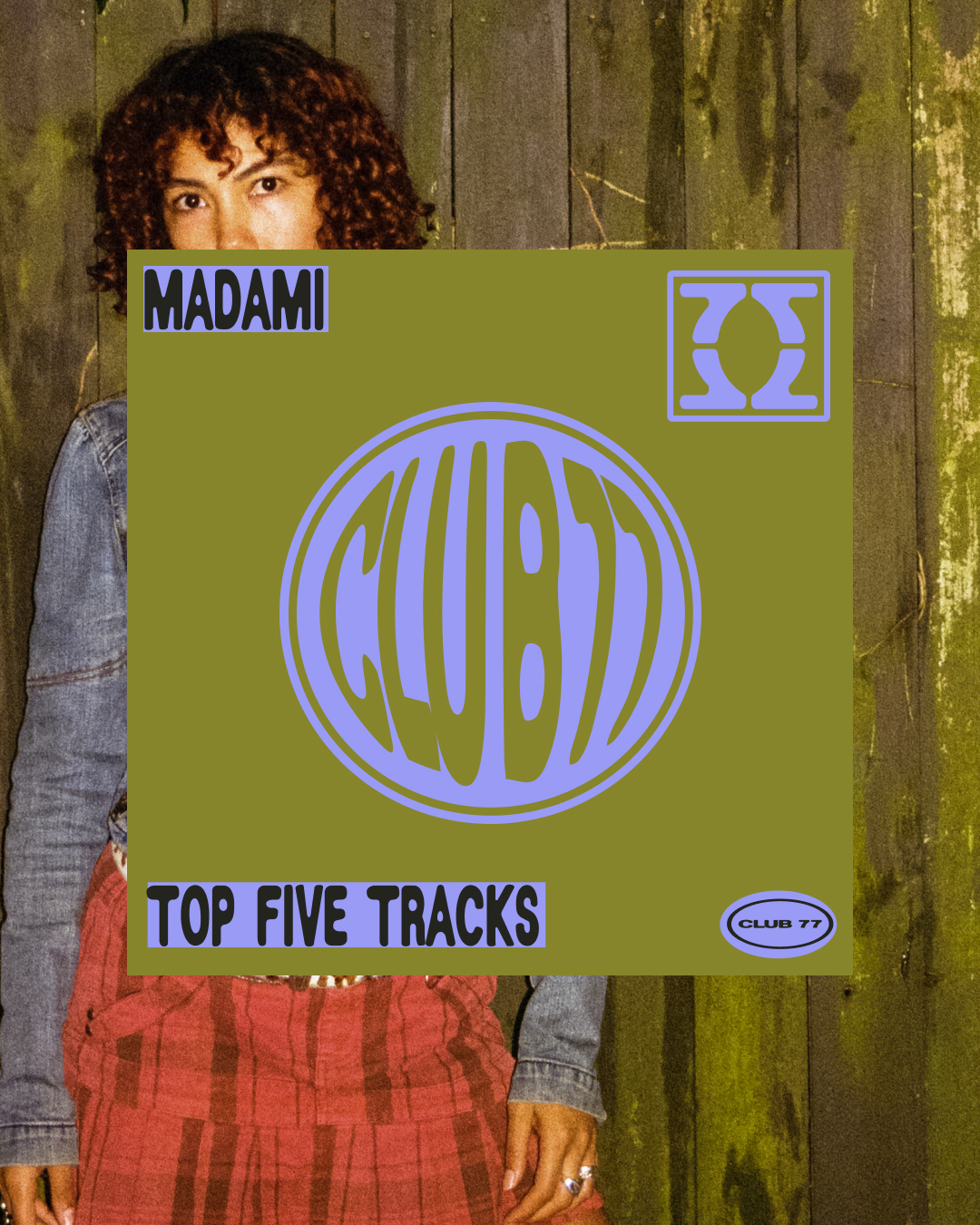





.jpg)


.png)

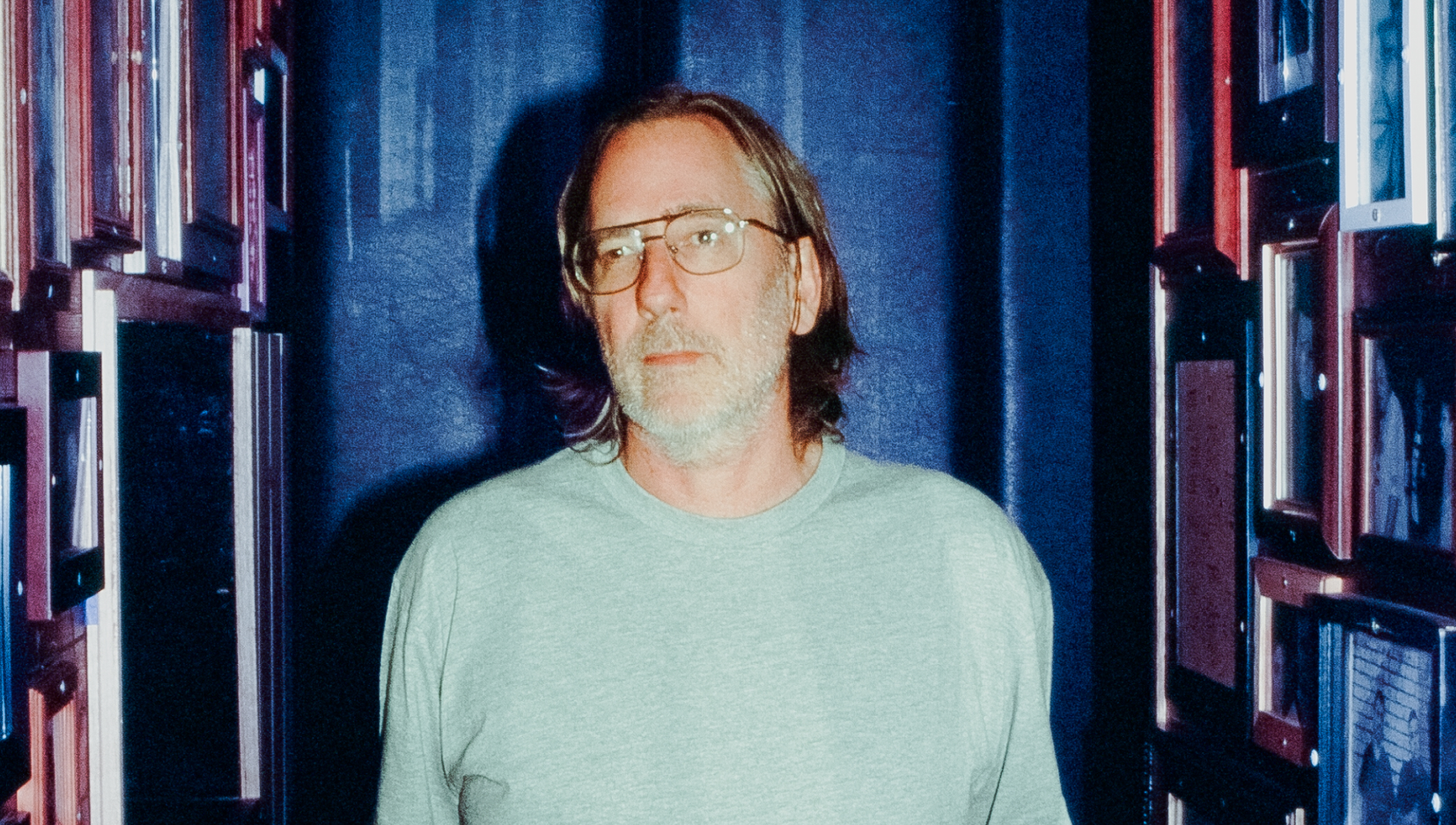
.jpg)
.png)
.jpg)

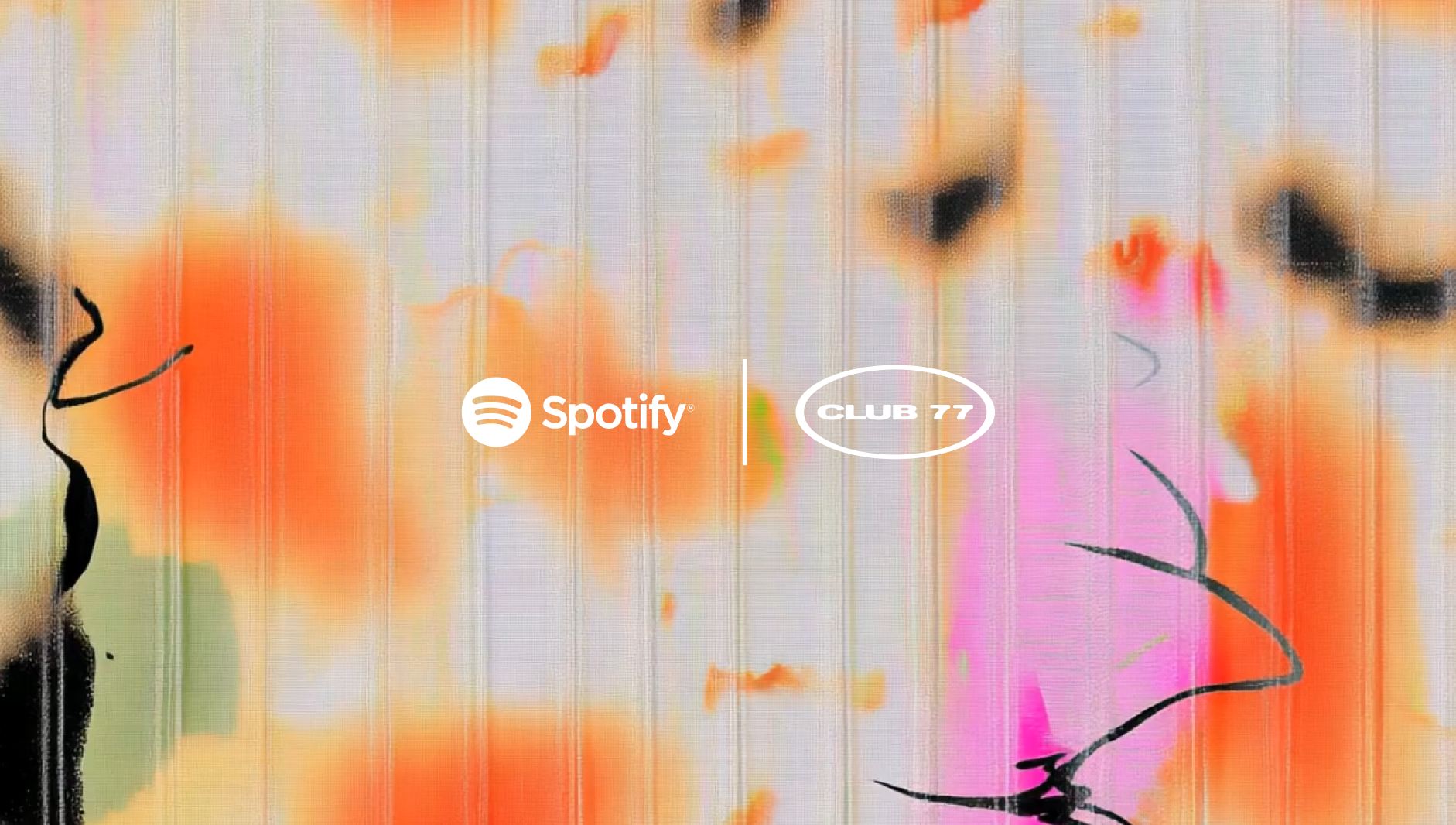
.jpg)





.png)
.jpg)



















.webp)
.png)




.webp)
.webp)
.webp)

.webp)







